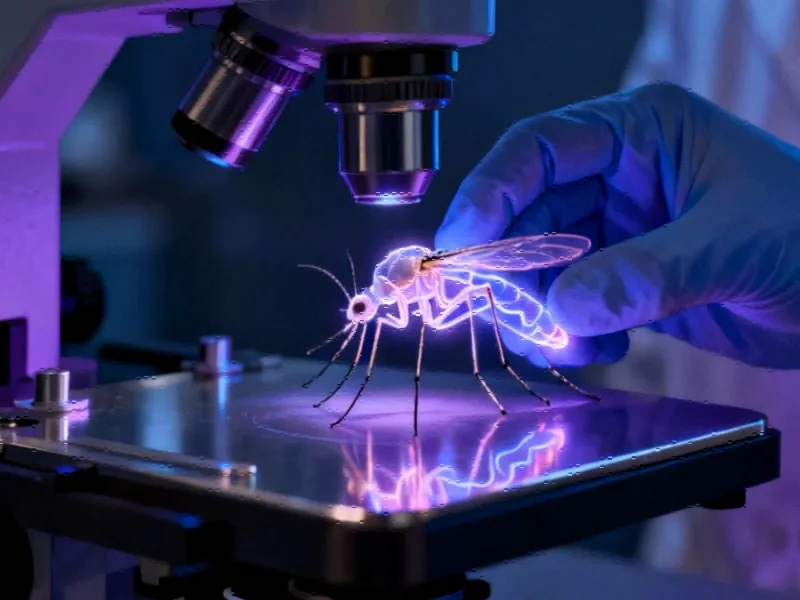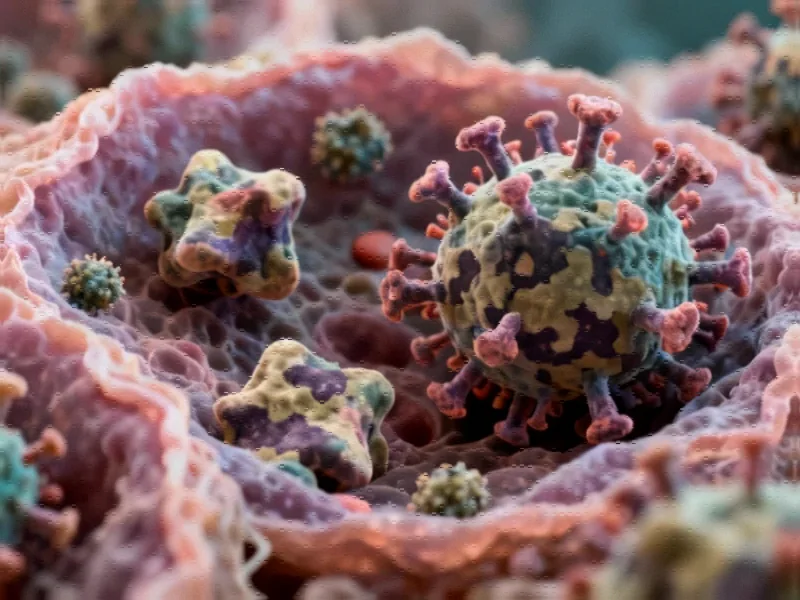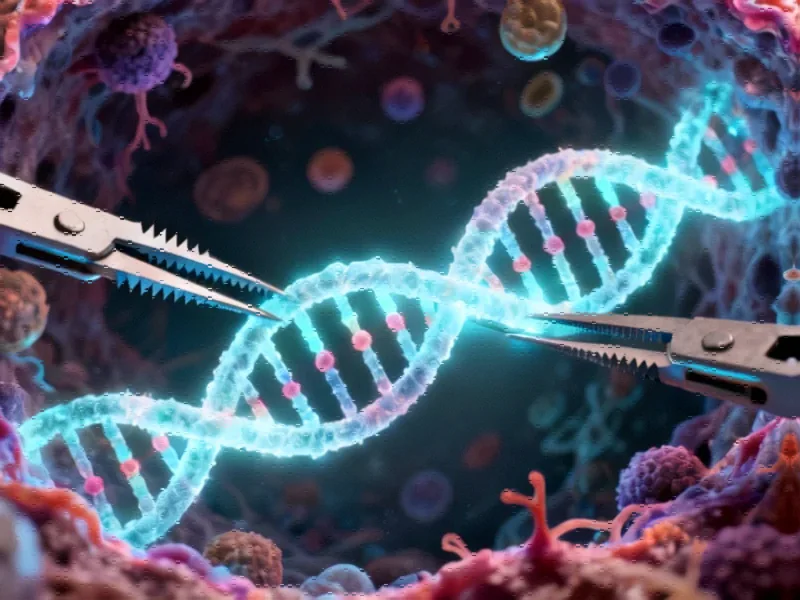Researchers Achieve Ultrastrong Light-Matter Coupling in Van der Waals Heterostructures
Researchers have demonstrated ultrastrong light-matter interactions in van der Waals heterostructures, according to a Nature Physics study. The findings reveal how built-in plasmonic cavities in graphite gates can control quantum phenomena in these layered materials, opening new pathways for quantum material engineering.
Breakthrough in Quantum Material Control
Scientists have achieved a significant advancement in controlling quantum phenomena through built-in light cavities in van der Waals heterostructures, according to reports published in Nature Physics. Researchers have observed ultrastrong coupling between graphene and graphite plasmonic modes, demonstrating how intrinsic cavity effects can shape the electrodynamics of these layered materials. The findings reportedly provide new pathways for engineering quantum phases and developing novel functionality in two-dimensional material systems.







